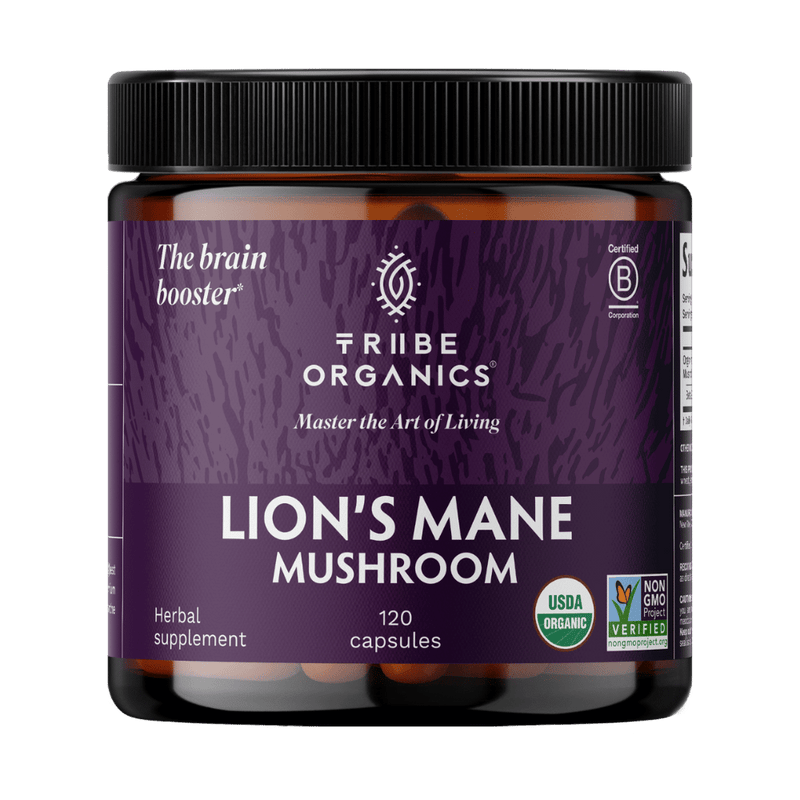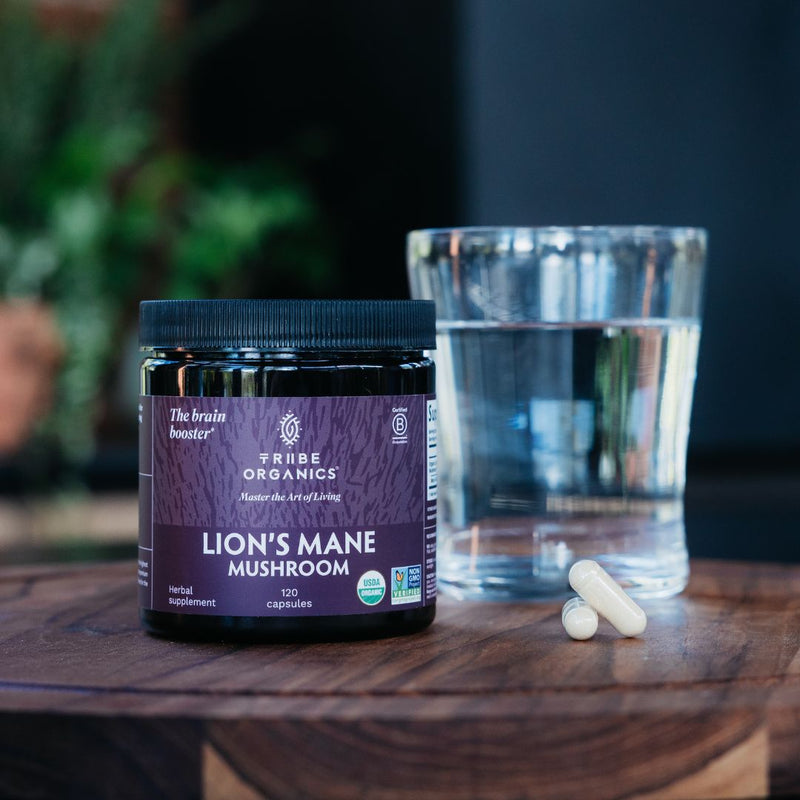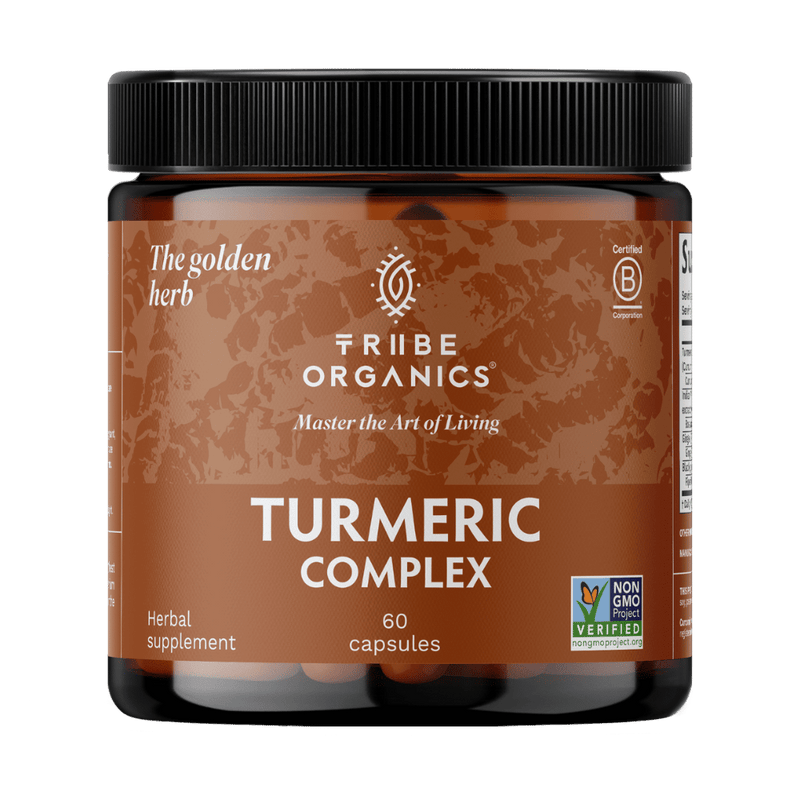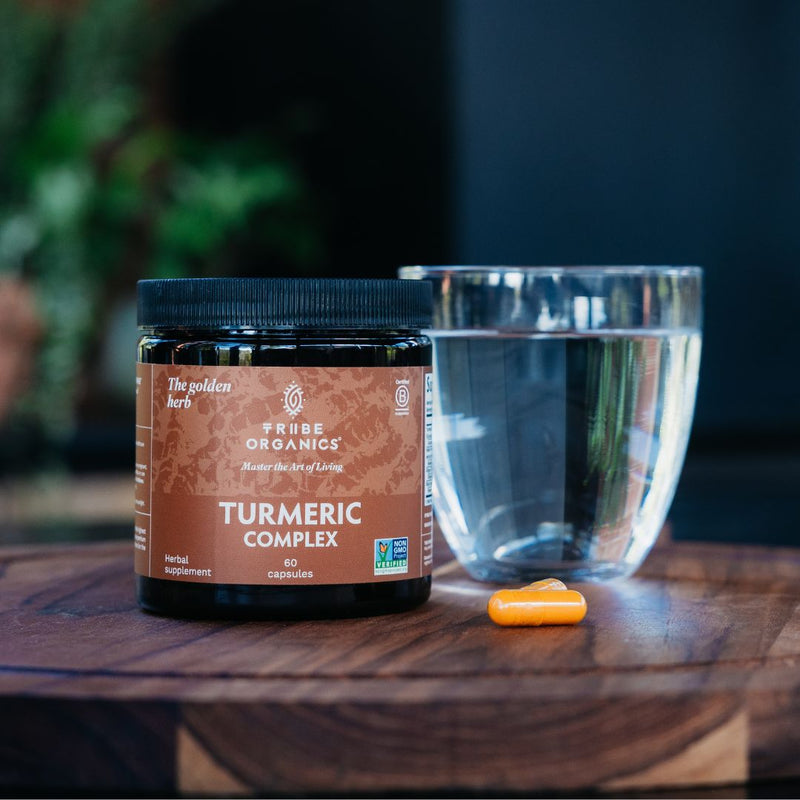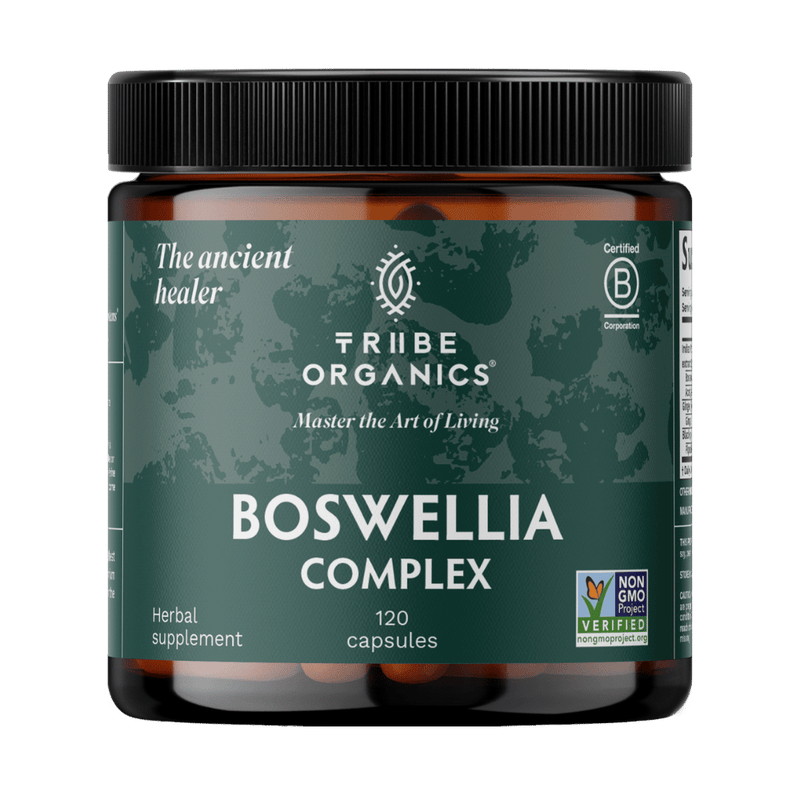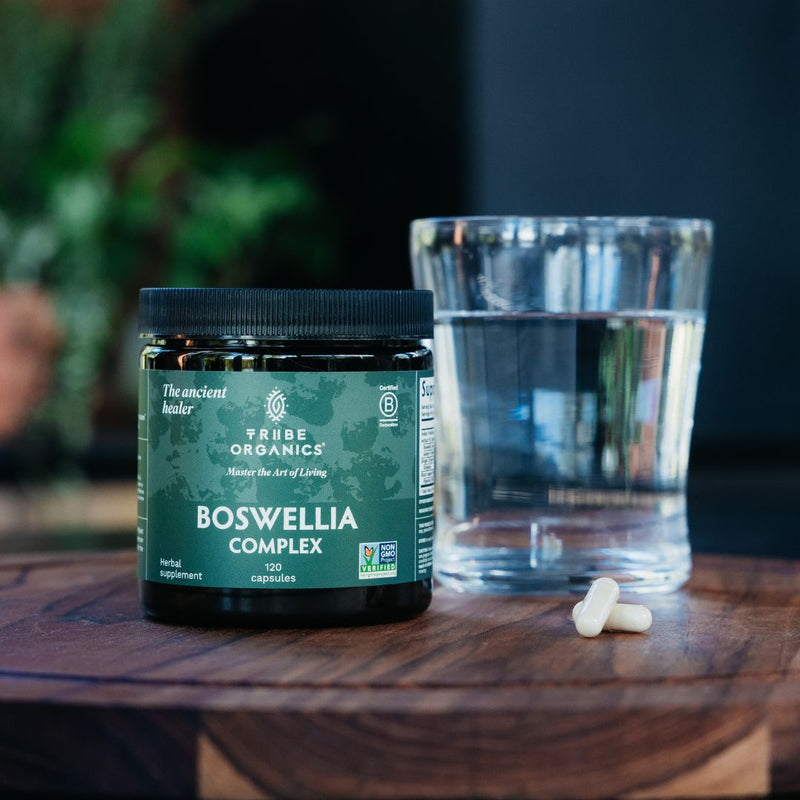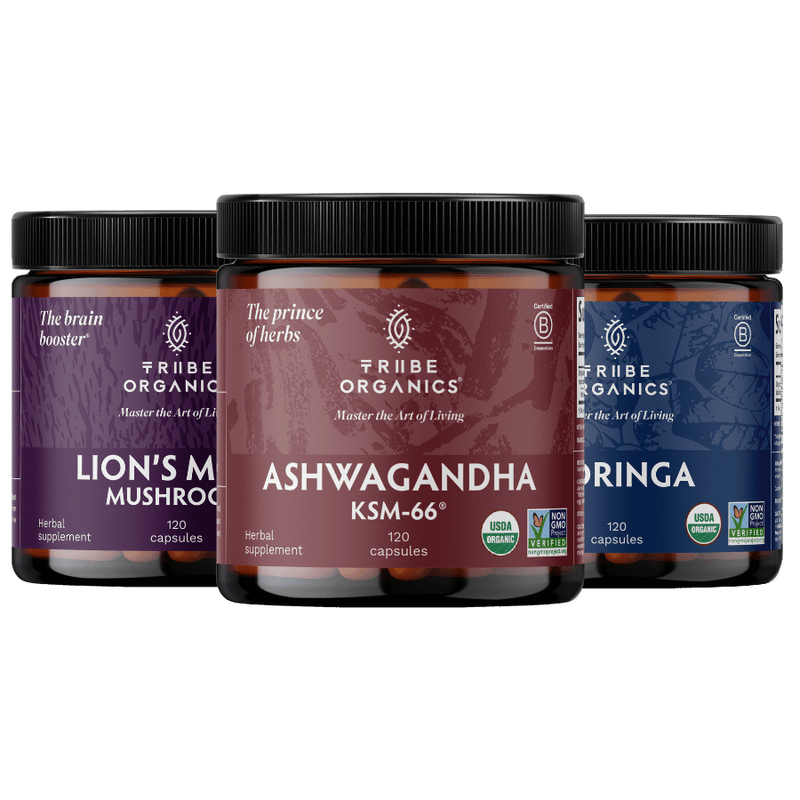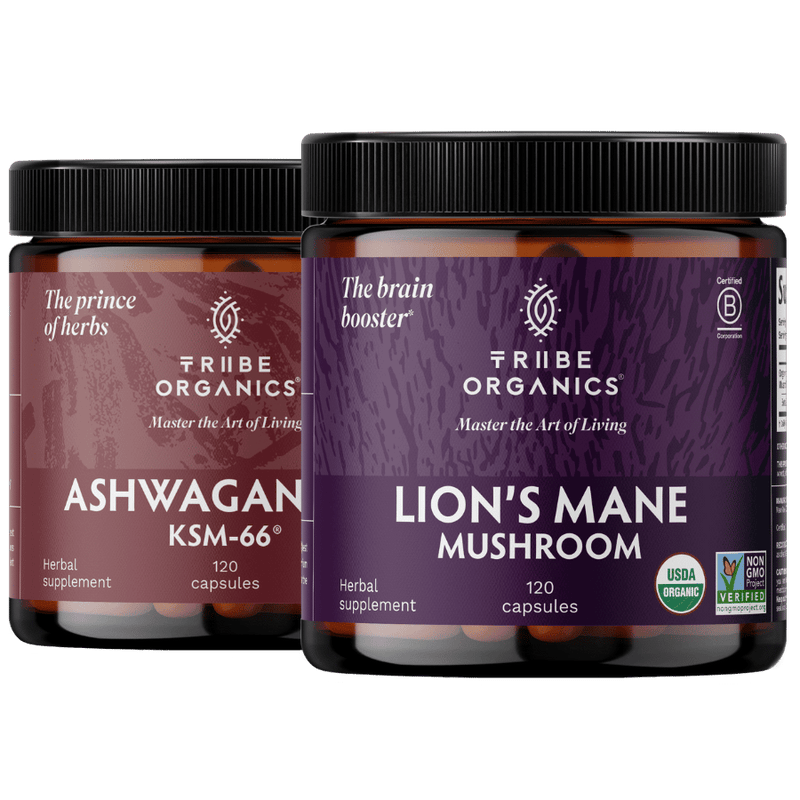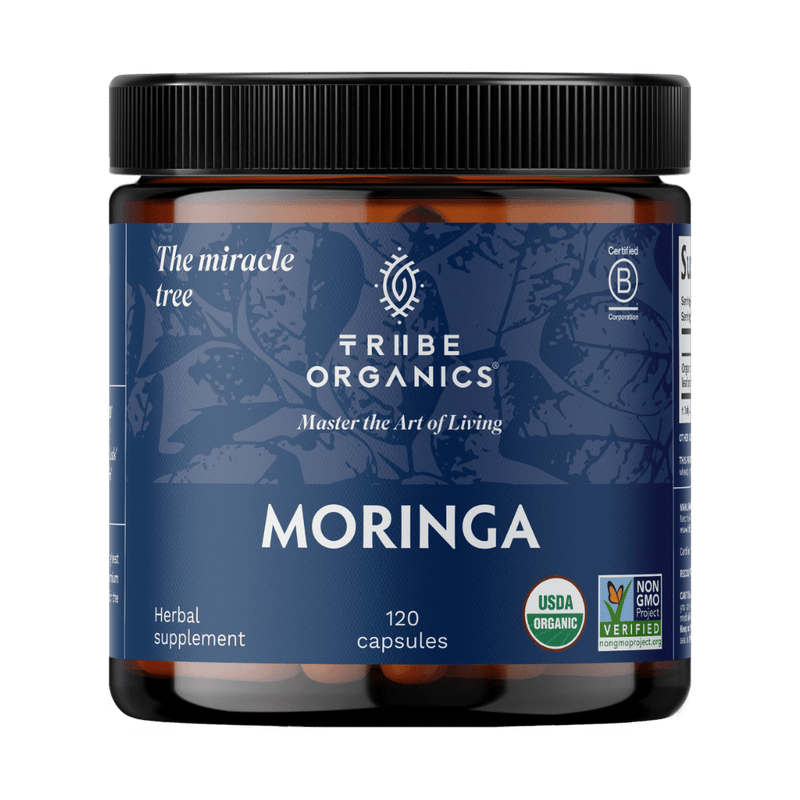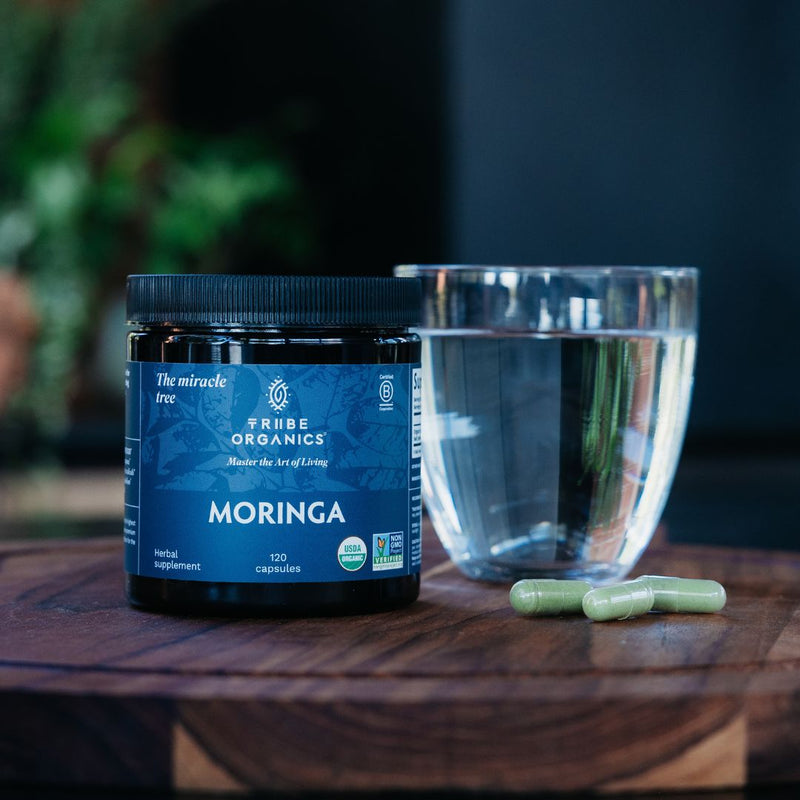Key Takeaways
- Magnesium glycinate is widely considered the best supplement for staying regular, offering gentle relief without harsh side effects
- Fiber supplements like psyllium husk and probiotics provide natural long-term support for digestive regularity
- Most effective supplements work by either increasing water in the intestines, stimulating muscle contractions, or improving gut bacteria balance
- Always start with the lowest effective dose and consult a healthcare provider before beginning any new supplement regimen
- Supplements work best when combined with adequate hydration, fiber rich foods, and regular physical activity
Digestive irregularity affects up to 20% of adults worldwide, yet finding the right supplement solution can feel overwhelming with countless options flooding the market. When bowel movements become infrequent or difficult to pass, the search for relief often leads to confusion about which dietary supplements actually work based on clinical evidence.
Research suggests that certain supplements can effectively promote regular bowel movements through distinct mechanisms—from drawing water into the digestive tract to supporting beneficial gut bacteria. However, not all supplements are created equal, and understanding the science behind each option empowers you to make informed decisions about your digestive health.
This comprehensive guide examines the most effective supplements for maintaining regularity, backed by clinical trials and expert recommendations. Whether you’re dealing with occasional constipation or seeking long-term digestive support, these evidence-based options can help restore healthy bowel habits when combined with proper lifestyle changes.

The #1 Best Supplement for Regularity: Magnesium Glycinate
Magnesium glycinate consistently ranks as the best supplement to stay regular due to its gentle yet effective action on the digestive tract. Unlike harsher laxatives that can cause cramping and urgent bathroom trips, magnesium glycinate provides predictable relief while supporting overall health.
How Magnesium Works for Regularity
Magnesium supplements function as osmotic agents, drawing water into the intestines to soften stool and stimulate natural bowel contractions. The glycinate form offers superior absorption compared to magnesium oxide or magnesium sulfate, reducing the risk of diarrhea while maintaining effectiveness. Clinical trials demonstrate that taking magnesium consistently can improve stool consistency and bowel movement frequency within 24-72 hours.
Optimal Dosage and Timing
Healthcare professionals typically recommend starting with 200-300mg of magnesium glycinate taken in the evening, as this timing supports both digestive regularity and sleep quality. The dose can be gradually increased to 400mg if needed, though most people find relief at lower amounts. Taking magnesium with food may reduce mild gastrointestinal upset in sensitive individuals.
Additional Health Benefits
Beyond promoting regularity, magnesium glycinate offers remarkable secondary benefits that make it a valuable addition to daily wellness routines. This supplement supports stress reduction by regulating cortisol levels and promotes better sleep quality through its calming effects on the nervous system. Research suggests adequate magnesium intake also supports cardiovascular health and bone density.
Safety Considerations
While generally safe for most adults, people with kidney disease or kidney diseases should avoid magnesium supplements without medical supervision, as impaired kidney function can lead to dangerous magnesium accumulation. Those taking prescription medicines, particularly antibiotics or blood pressure medications, should consult healthcare professionals about potential interactions.
Quality and Brand Selection
Choose magnesium glycinate supplements that undergo third-party testing for purity and potency. Reputable brands provide certificates of analysis and follow Good Manufacturing Practices (GMP) to ensure consistent quality. Avoid supplements with unnecessary fillers or artificial additives that may cause additional digestive issues.
Top 4 Alternative Supplements for Staying Regular
Fiber Supplements (Psyllium Husk and Inulin)
Fiber supplements represent the most traditional approach to promoting regular bowel movements, working by adding bulk to stool and improving overall digestive function. These supplements are particularly effective for people who struggle to get enough fiber from whole grains and fiber rich foods alone.
Psyllium Husk: The Gold Standard
Psyllium husk stands out among fiber supplements due to its unique ability to absorb water and form a gel-like consistency that softens stool while stimulating peristalsis. Clinical trials show that taking 1-2 teaspoons of psyllium husk daily with at least 8 ounces of water can significantly improve bowel movement frequency and stool consistency within one week.
The key to success with psyllium lies in proper hydration—inadequate water intake can actually worsen constipation. Start with half a teaspoon daily and gradually increase to avoid bloating or gas. Most people find optimal results with 5-10 grams daily, divided into two doses.
Inulin: Prebiotic Fiber for Gut Health
Inulin offers dual benefits as both a fiber supplement and prebiotic, feeding beneficial gut bacteria while promoting regularity. This soluble fiber ferments in the colon, producing short-chain fatty acids that support gut health and improve stool transit time. Research suggests 10-15 grams of inulin daily can enhance bowel movement frequency while supporting overall digestive balance.
Alternative Fiber Options
Methylcellulose and glucomannan provide additional choices for those who don’t tolerate psyllium well. Methylcellulose (found in products like Citrucel) is less likely to cause gas, while glucomannan offers potent water-absorbing properties that can help treat constipation effectively.
Probiotic Supplements
Probiotic supplements work differently than other regularity aids by addressing the underlying gut microbiome imbalances that often contribute to digestive irregularity. These beneficial bacteria modulate gut motility and improve the overall health of the gi tract through multiple mechanisms.
Specific Strains for Regularity
Research identifies particular probiotic strains as most effective for promoting regular bowel movements. Bifidobacterium lactis has shown remarkable results in clinical trials, with studies demonstrating improved stool consistency and reduced transit time. Lactobacillus species, particularly L. rhamnosus and L. casei, also support healthy bowel habits through their effects on gut motility.
Optimal CFU Count and Quality
Effective probiotic supplements for digestive health typically contain 10-50 billion colony-forming units (CFU) per dose. Higher counts aren’t necessarily better, as strain quality and viability matter more than raw numbers. Look for supplements that guarantee potency through expiration and use delayed-release capsules to protect good bacteria from stomach acid.
Timeline for Results
Unlike quick-acting supplements, probiotics require patience—most people see improvements in bowel movement frequency after 2-4 weeks of consistent use. This timeline reflects the gradual process of rebalancing the gut microbiome and establishing beneficial bacterial populations in the small intestine and colon.
Refrigerated vs. Shelf-Stable Options
While refrigerated probiotics were once considered superior, advances in freeze-drying technology have made shelf-stable options equally effective. Choose products with proper packaging that protects against moisture and heat, regardless of storage requirements.
Senna (For Occasional Use Only)
Senna provides powerful constipation relief through its active compounds called sennosides, which directly stimulate intestinal contractions. However, this herbal supplement should only be used occasionally due to potential side effects and dependency risks.
How Senna Works
Sennosides are activated by bacteria in the colon, triggering strong muscle contractions that promote bowel movements within 6-12 hours. This mechanism makes senna effective for occasional constipation but inappropriate for long-term use, as the digestive tract can become dependent on external stimulation.
Appropriate Dosage Guidelines
Healthcare professionals recommend 15-30mg of sennosides taken before bedtime for occasional constipation relief. Start with the lowest effective dose, as higher amounts increase the risk of cramping and diarrhea. Never exceed recommended doses or use senna for more than 1-2 weeks without medical supervision.
Dependency and Safety Concerns
Extended use of senna can lead to a condition where the colon becomes unable to function normally without stimulation. This dependency makes it difficult to maintain natural regularity and may worsen chronic constipation over time. Additionally, long-term senna use has been associated with electrolyte imbalances and potential liver concerns in rare cases.
Who Should Avoid Senna
People with irritable bowel syndrome, inflammatory bowel conditions, or those taking medications that affect gut motility should avoid senna unless specifically recommended by healthcare professionals. Pregnant women and individuals with kidney diseases should also seek medical guidance before using stimulant laxatives.
Aloe Vera Extract
Aloe vera extract offers a gentler alternative to harsh stimulant laxatives while providing additional benefits for digestive comfort. The mucilaginous properties of aloe vera help ease constipation through multiple mechanisms that support overall gut health.
Mechanism of Action
Aloe vera contains compounds that increase mucus production in the intestines while promoting fluid accumulation in the bowel. This dual action helps soften stool and facilitates easier passage without the harsh stimulation associated with other plant-based laxatives. The anti-inflammatory properties of aloe vera may also benefit people with irritable bowel syndrome-related constipation.
Proper Dosage and Forms
Standardized aloe vera extract typically provides effective relief at doses of 100-200mg daily. Choose products that specify the concentration of active compounds and avoid whole-leaf aloe preparations that may contain potentially harmful aloin compounds. Capsule forms offer more precise dosing than liquid preparations.
Benefits for IBS-Related Constipation
Clinical trials suggest aloe vera extract may be particularly beneficial for people whose constipation stems from irritable bowel syndrome. The anti-inflammatory and gut-soothing properties help address the underlying inflammation that can contribute to digestive irregularity in IBS patients. Additionally, managing stress is important for overall digestive health; natural solutions such as the combination of ashwagandha and magnesium can support relaxation and promote better sleep.
Long-Term Safety Considerations
While generally safe for short-term use, the long-term safety profile of aloe vera extract remains unclear. Some studies raise concerns about potential liver effects with extended use, making it important to cycle off periodically or use only as needed for acute constipation episodes.

How to Choose the Right Supplement for Your Needs
Selecting the most effective supplement for your situation requires careful consideration of your specific constipation patterns, overall health status, and individual response to different mechanisms of action. This systematic approach helps ensure you choose a supplement that provides relief while minimizing potential side effects.
Assessing Your Constipation Type
Occasional constipation typically responds well to gentle options like magnesium citrate or fiber supplements, while chronic constipation may require a more comprehensive approach combining probiotics with osmotic agents. Consider factors like stool consistency, bowel movement frequency, and any associated symptoms when evaluating your needs.
People experiencing mild constipation often find success with dietary fiber increases and magnesium supplements, while those with more persistent issues may benefit from probiotic supplements to address underlying gut imbalances. Document your symptoms for 1-2 weeks to identify patterns that can guide supplement selection.
Health Conditions and Medication Interactions
Existing health conditions significantly influence supplement safety and effectiveness. Those with kidney disease must avoid magnesium-based supplements, while people taking iron supplements should space them several hours apart from fiber to prevent absorption interference. Heart medications may interact with magnesium, requiring medical supervision.
Review all prescription medicines and over the counter medications with a healthcare professional before starting any new supplement regimen. Some supplements can cause constipation themselves or interfere with medication absorption, potentially reducing therapeutic effectiveness.
Quality Certifications and Third-Party Testing
Reputable supplement manufacturers provide third-party testing results and maintain certifications from organizations like USP (United States Pharmacopeia), NSF International, or ConsumerLab. These certifications verify that products contain stated ingredients in declared amounts without harmful contaminants.
Look for supplements that undergo testing for heavy metals, microbiological contaminants, and pesticide residues. Companies that publish certificates of analysis demonstrate transparency and commitment to product quality, making them safer choices for long-term use.
Budget and Cost-Effectiveness Considerations
Compare supplements based on cost per effective dose rather than bottle price alone. Generic psyllium husk often provides excellent value, while specialized probiotic formulations may justify higher costs through superior strain selection and viability. Calculate monthly costs to make informed budget decisions.
Consider that higher-quality supplements may offer better results at lower doses, potentially making them more economical despite higher upfront costs. Factor in the potential medical expenses from ineffective treatments when evaluating supplement investments.
Proper Dosage and Timing Guidelines
Successful supplement use depends heavily on proper dosing strategies and optimal timing that aligns with your body’s natural rhythms and digestive patterns. Starting conservatively and adjusting gradually helps identify your optimal dose while minimizing side effects.
Starting with Minimum Effective Doses
Begin any new supplement at the lowest recommended dose to assess individual tolerance and response. For magnesium, start with 200mg; for psyllium, begin with 1 teaspoon; for probiotics, choose products with 10-15 billion CFU initially. This conservative approach prevents overwhelming your digestive system and allows for gradual adaptation.
Monitor your response for 3-7 days before increasing doses, as some supplements like probiotics may initially cause mild bloating or gas as your gut microbiome adjusts. Keep a simple log of supplement timing, doses, and results to identify your optimal regimen.
Optimal Timing for Different Supplements
Magnesium supplements work best when taken in the evening, as they can promote relaxation and support overnight digestive processes. Taking magnesium 1-2 hours before bedtime allows sufficient time for absorption while supporting morning regularity.
Fiber supplements should be taken in the morning with breakfast or between meals, accompanied by at least 8-10 ounces of water. This timing allows the fiber to work throughout the day while preventing interference with nutrient absorption from main meals.
Probiotics benefit from consistent daily timing, whether taken with breakfast or dinner. Some research suggests taking probiotics with meals enhances bacterial survival through the stomach, though high-quality encapsulated products may be less dependent on meal timing. If you are interested in the proper intake of other supplements, learn how to determine the right Ashwagandha dosage.
Hydration Requirements
Adequate water intake becomes crucial when using any supplement that affects stool consistency or bulk. Increase daily water consumption to at least 8-10 glasses when taking fiber supplements, and maintain good hydration with all regularity supplements to optimize effectiveness.
Monitor urine color as a hydration indicator—pale yellow suggests adequate hydration, while dark yellow indicates the need for increased fluid intake. Inadequate hydration can actually worsen constipation when taking certain supplements, particularly fiber-based products.
Gradual Dose Adjustments
If initial doses don’t provide adequate relief after one week, increase gradually by small increments. For magnesium, increase by 50-100mg; for fiber, add an additional half-teaspoon; for probiotics, consider products with higher CFU counts or additional strains.
Avoid dramatic dose increases that may cause diarrhea or digestive upset. The goal is finding the minimum effective dose that maintains regularity without side effects, which often requires patience and systematic adjustment over several weeks.
Safety Considerations and Potential Side Effects
Understanding potential risks and side effects empowers you to use supplements safely while recognizing when to seek medical attention. Each supplement category carries distinct safety profiles that require specific precautions and monitoring.
Common Side Effects by Supplement Type
Magnesium supplements may cause loose stools or diarrhea if doses exceed individual tolerance, particularly with magnesium oxide or magnesium sulfate forms. Start conservatively and reduce doses if you experience urgent bowel movements or cramping. Most people tolerate magnesium glycinate better than other forms.
Fiber supplements commonly cause initial bloating, gas, or mild abdominal discomfort as the digestive system adapts to increased bulk. These effects typically resolve within 1-2 weeks of consistent use. Inadequate water intake with fiber can worsen constipation or cause intestinal blockage in rare cases.
Probiotic supplements may trigger temporary digestive changes including increased gas, bloating, or altered bowel movement patterns during the first week of use. These adjustment symptoms usually resolve as the gut microbiome stabilizes, but discontinue use if symptoms persist beyond two weeks.
Drug Interactions and Contraindications
Magnesium supplements can reduce absorption of certain antibiotics, bisphosphonates, and some heart medications. Space magnesium intake at least 2-4 hours away from these medications, and consult healthcare professionals about timing adjustments.
Fiber supplements may interfere with medication absorption, particularly affecting drugs with narrow therapeutic windows. Take medications 1-2 hours before or 4 hours after fiber supplements to maintain therapeutic effectiveness.
Individuals taking prescription medicines for diabetes should monitor blood sugar closely when starting probiotic supplements, as improved gut health may affect glucose metabolism and medication requirements.
High-Risk Populations
People with kidney disease face serious risks from magnesium supplementation due to impaired excretion, potentially leading to dangerous magnesium accumulation. Kidney diseases of any severity require medical supervision before using magnesium-based supplements.
Individuals with a history of intestinal obstruction should avoid bulk-forming fiber supplements, particularly in powder forms. Those with swallowing difficulties may also be at increased risk of aspiration or blockage.
Pregnant women should consult healthcare professionals before using any laxative supplements, as some may affect pregnancy outcomes or interact with prenatal vitamins. Iron supplements commonly taken during pregnancy can cause constipation, requiring careful balance with regularity aids.
When to Discontinue Use
Stop taking any supplement immediately if you experience severe abdominal pain, blood in stool, persistent diarrhea, or signs of allergic reaction including rash, swelling, or difficulty breathing. These symptoms require immediate medical attention.
Discontinue use if supplements that cause constipation become apparent—some individuals may paradoxically experience worsening irregularity with certain products. Switch to alternative mechanisms of action rather than increasing doses of ineffective supplements.

When Supplements Aren’t Enough: Red Flags
Recognizing warning signs that indicate more serious underlying conditions helps determine when constipation requires professional medical evaluation rather than continued self-treatment with supplements.
Emergency Warning Signs
Seek immediate medical attention if constipation is accompanied by severe abdominal pain, vomiting, inability to pass gas, or signs of intestinal obstruction. Blood in stool, black tarry stools, or unexplained weight loss require urgent evaluation as these may indicate serious conditions requiring colon and rectal surgery consultation.
Fever accompanying constipation, particularly with abdominal tenderness, may suggest infection or inflammatory conditions that need prompt treatment. Don’t delay seeking care if symptoms worsen despite appropriate supplement use and lifestyle changes.
Chronic Constipation That Doesn’t Respond
If constipation persists despite 2-3 weeks of appropriate supplement use, dietary changes, and adequate hydration, consider underlying medical conditions that may require specialized treatment. Chronic constipation affecting quality of life warrants evaluation by healthcare professionals.
Conditions like hypothyroidism, diabetes, neurological disorders, or structural intestinal problems may cause treatment-resistant constipation requiring medical management beyond dietary supplements. Certain medications may also need adjustment to prevent constipation.
Family History and Risk Factors
Strong family history of colorectal cancer, inflammatory bowel disease, or other gastrointestinal conditions increases the importance of professional evaluation for persistent bowel changes. Age over 50 with new-onset constipation patterns may require screening procedures.
Previous abdominal surgery, radiation therapy, or inflammatory conditions may predispose individuals to complications requiring specialized care. Don’t rely solely on supplements if you have significant medical history affecting digestive function.
When to Consult Specialists
Primary care physicians can evaluate most constipation concerns and rule out common medical causes through examination and basic testing. They can also review medications and recommend appropriate first-line treatments including supplement strategies.
Gastroenterologists specialize in complex digestive disorders and may be necessary for persistent symptoms, suspected inflammatory conditions, or when advanced diagnostic procedures are needed. Some patients may benefit from biofeedback therapy or other specialized treatments for functional constipation.
Consider consulting registered dietitians for comprehensive nutritional assessment and personalized dietary strategies that complement supplement use. They can help optimize fiber intake from whole foods while addressing individual nutritional needs.
Maximizing Supplement Effectiveness
Creating synergy between supplements and lifestyle factors dramatically improves outcomes while supporting long-term digestive health. This holistic approach addresses multiple factors that influence regularity rather than relying solely on supplements.
Essential Lifestyle Factors
Regular physical activity stimulates natural gut motility and supports healthy bowel habits independent of supplement use. Even gentle walking for 20-30 minutes daily can significantly improve digestive function, while more vigorous exercise provides additional benefits for overall gut health.
Establish consistent meal timing and avoid irregular eating patterns that can disrupt natural digestive rhythms. Eating at regular intervals supports the gastrocolic reflex—the natural urge to have bowel movements after meals—which supplements can then support more effectively.
Create a regular toilet routine by setting aside time after breakfast or other consistent meals for unhurried bathroom visits. This behavioral approach works synergistically with supplements to establish healthy bowel habits and improve long-term regularity.
Optimal Hydration Strategies
Maintain consistent hydration throughout the day rather than consuming large amounts of water at once. Sip water regularly, aiming for pale yellow urine as an indicator of adequate hydration status. This approach supports supplement effectiveness while preventing the dilution of electrolytes.
Consider the timing of fluid intake relative to supplement doses—drink water with fiber supplements immediately, but avoid excessive fluids that might dilute probiotic effectiveness. Natural medicines often work best when supported by appropriate hydration patterns.
Monitor fluid losses from exercise, hot weather, or illness, and increase intake accordingly. Dehydration can quickly negate the benefits of even the most effective supplements, making consistent hydration a cornerstone of digestive health.
Dietary Synergies
Include fiber rich foods that complement supplement intake rather than replacing them entirely. Foods like berries, apples with skin, legumes, and whole grains provide diverse fiber types that work with supplements to improve overall digestive function.
Fermented foods like yogurt, kefir, sauerkraut, and kimchi provide natural probiotics that enhance the effectiveness of probiotic supplements. These foods supply different bacterial strains and prebiotic compounds that support a diverse gut microbiome.
Avoid foods that commonly cause constipation, including processed foods, excessive refined carbohydrates, and large amounts of cheese or other low-fiber dairy products. These dietary patterns can counteract supplement benefits and perpetuate digestive irregularity.
Stress Management and Sleep Quality
Chronic stress significantly impacts digestive function through its effects on gut motility and the gut-brain axis. Implement stress reduction techniques like meditation, deep breathing, or yoga to support the effectiveness of regularity supplements.
Prioritize consistent sleep schedules and adequate sleep duration, as poor sleep disrupts hormonal signals that regulate digestive function. Quality sleep supports the natural circadian rhythms that influence bowel movement patterns.
Consider the timing of stress management activities—relaxation techniques before bedtime can enhance the effectiveness of evening magnesium supplements while supporting overall sleep quality and next-day digestive function.
Monitoring and Adjustment Strategies
Track your response to supplements and lifestyle changes using a simple daily log that includes supplement timing, bowel movement frequency, stool consistency, and any side effects. This information helps identify optimal strategies and timing adjustments.
Be patient with gradual improvements rather than expecting immediate dramatic changes. Most people see progressive improvements over 2-4 weeks as supplements, lifestyle changes, and digestive adaptation work together to establish new patterns.
Adjust supplement timing or combinations based on your response patterns. Some people benefit from splitting doses, changing timing relative to meals, or combining different supplement types for optimal effectiveness.
Frequently Asked Questions
Shop best sellers
Explore our collection of favorite items that have gained popularity for their quality and satisfaction.




